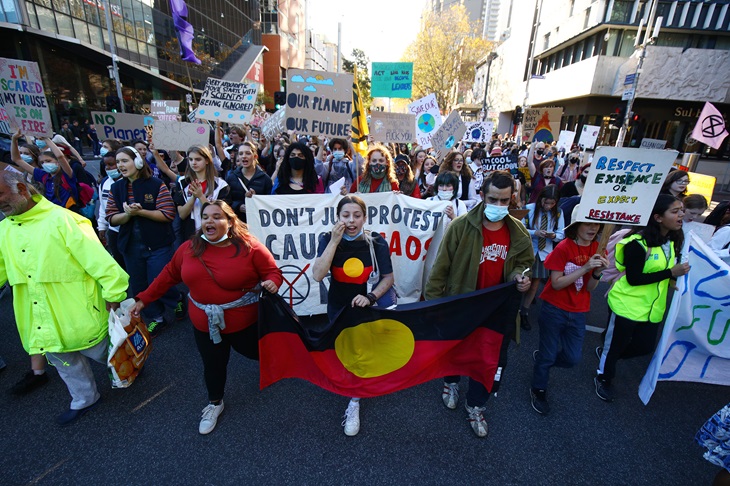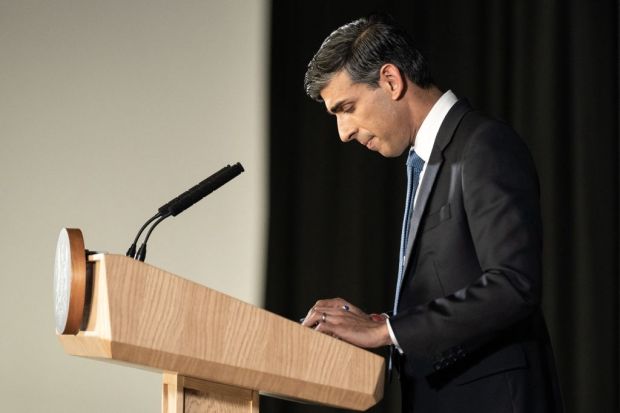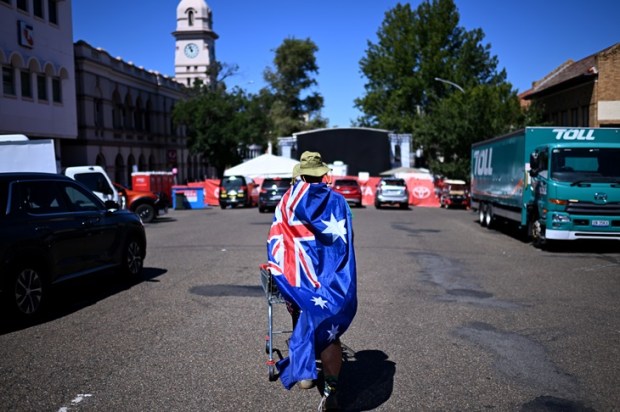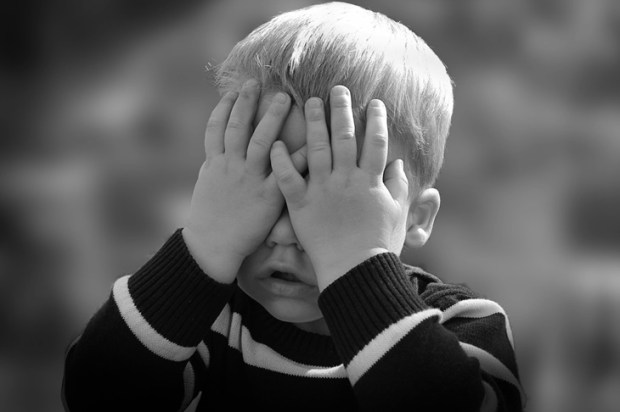In a win for commonsense, education ministers across the country have recently signed off on measures requiring universities to include lessons on how to teach reading, writing, and mathematics in Bachelor of Education courses.
Accreditation standards for teaching degrees have been amended to ensure teachers are instructed to avoid ‘self-directed learning’ and instead receive training in techniques proven effective half a century ago.
Universities will receive $4.5
Already a subscriber? Log in
Subscribe for just $2 a week
Try a month of The Spectator Australia absolutely free and without commitment. Not only that but – if you choose to continue – you’ll pay just $2 a week for your first year.
- Unlimited access to spectator.com.au and app
- The weekly edition on the Spectator Australia app
- Spectator podcasts and newsletters
- Full access to spectator.co.uk


























Comments
Don't miss out
Join the conversation with other Spectator Australia readers. Subscribe to leave a comment.
SUBSCRIBEAlready a subscriber? Log in